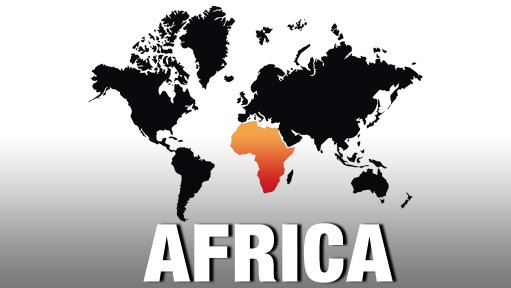
Developing countries will struggle even to track their progress in implementing the 17 new global Sustainable Development Goals (SDGs) and their 169 targets, which world leaders will adopt at a summit at the UN in New York this weekend.
Pope Francis is to open the summit on Friday, followed by three days of debate by heads of state and governments before the so-called “Post-2015 Development Agenda” becomes global policy.
The 17 SDGs will replace the eight Millennium Development Goals (MDGs), which were adopted in 2000 and will expire at the end of this year. Constructed around MDG 1 – to halve poverty – they have guided global development efforts throughout the new millennium and have helped to lift millions out of poverty, particularly in Asia.
But Africa as a whole has fallen well short on most, if not all, of them. Even South Africa, the most advanced country in Africa, would fail to meet some of them, most notably MDG 5(a) to “ reduce by three quarters, between 1990 and 2015, the maternal mortality ratio”.
As Osten Chulu, senior economist for the UN Development Programme in South Africa, said at a briefing on the SDG summit on Tuesday, South Africa’s maternal mortality rate, the percentage of mothers who die in childbirth, has remained stubbornly high – at the same rate as many of the poorest countries in Africa.
“Strong measures are needed to ensure that motherhood is not a death sentence,” he said.
Chulu added that the SDGs were a significant improvement on the MDGs in many ways. They were more comprehensive, for instance including environmental sustainability; were “seemingly transformative for poverty eradication and sustainable development”; and were the product of much wider consultation than the MDGs had been.
The SDGs also incorporated the unmet targets of the MDGs so that the efforts to reach the MDGs over the last 15 years would not be wasted.
The global SDGs also largely reflected the African Union’s development goals, articulated last year in the Common African Position. And they incorporated the lessons which the world had learnt from the successes and failures of trying to meet the MDGs.
But, Chulu said, one of the aims of the SDGs had been to limit their number. However, because of all the issues that had to be accommodated, they had instead increased from 8 to 17 goals and 169 targets.
So one of the main concerns about the SDGs, “which deeply questions their potential impact, is that they are too extensive and cover too a large territory”, he said.
Even South Africa, let alone other African states, would probably battle just to track, let alone achieve, 17 goals and 169 targets.
Civil society particularly had expressed concerns that “with 17 priorities, nothing will be a priority …
There is a real risk of countries cherry picking on what to implement and thereby missing some of the key transformative parts of the agenda”.
“And it may be difficult to communicate and sell such an extensive agenda.”